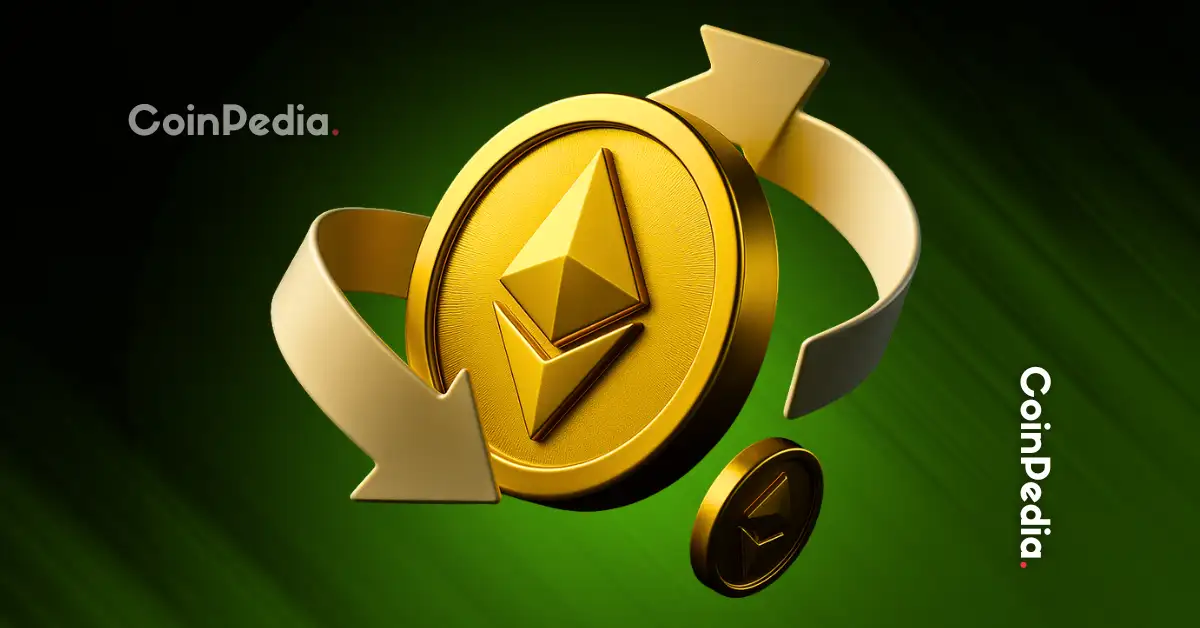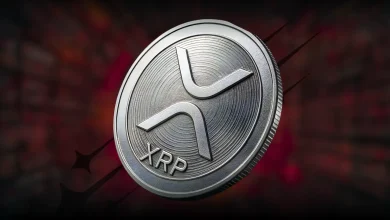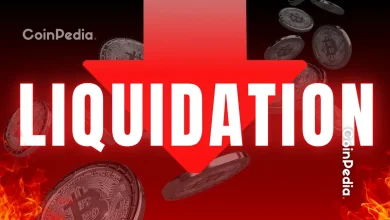
BlackRock shifts focus to Ethereum as institutional adoption surges, driving DeFi growth, tokenization, and blockchain innovation worldwide.
SWIFT, Solana, and Bitcoin gain institutional backing as ETFs fuel crypto market expansion, signaling a new era in blockchain-powered finance.
The crypto market is undergoing a major narrative shift as traditional finance giants embrace blockchain technology. Leading the charge is BlackRock, the world’s largest asset manager, which appears to be broadening its focus beyond Bitcoin and leaning heavily into Ethereum and real-world asset tokenization.
This surge of institutional enthusiasm, recently discussed in an Altcoin Daily video, signals a new era for digital assets one where Wall Street’s capital could reshape the future of decentralized finance (DeFi).
Ethereum Becomes BlackRock’s New Focus
While BlackRock CEO Larry Fink has long referred to Bitcoin as “digital gold,” the firm’s tone has recently pivoted toward Ethereum’s expanding role in global finance.
In a recent CNBC interview, Jay Jacobs, BlackRock’s Head of U.S. Equity ETFs, emphasized how the company views Ethereum as the “core engine” of next-generation finance.
“Tokenization, stablecoins, and blockchain-powered markets will redefine how assets are traded and most of that innovation traces back to Ethereum,” Jacobs explained.
He elaborated that tokenizing real-world assets such as stocks, bonds, or real estate can dramatically reduce costs and settlement time, bringing new efficiency to capital markets.
BlackRock’s spot Ethereum ETF has already attracted strong investor inflows, reflecting growing institutional demand for Ethereum exposure. As Jacobs summarized, this trend could make blockchain technology “the next big leap for global finance.”
SWIFT and Global Banks Integrate Ethereum-Based Solutions
Adding to this narrative, Ethereum co-founder Joe Lubin, who also serves as the CEO of ConsenSys, confirmed that SWIFT, the world’s largest interbank network, is now integrating Ethereum-based blockchain solutions.
“We’re witnessing a clear sentiment shift among global banks,” Lubin said. “Financial institutions now view blockchain as the bridge between traditional finance (TradFi) and decentralized finance (DeFi).”
This marks a historic milestone for blockchain adoption, as institutions that once deemed DeFi too risky are now actively building on Ethereum’s infrastructure. The move suggests that the institutional blockchain adoption cycle is entering a more mature and mainstream phase.
- Also Read :
- Ethereum Price Faces $90 Million Liquidation After Rejection, But Bullish Sentiment Remains Strong
- ,
Solana and Bitcoin Join the Institutional Adoption Trend
The conversation didn’t stop with Ethereum. Bitwise CIO Matt Hougan described Solana (SOL) as “one of the strongest setups I’ve seen in eight years,” citing rising ETF optimism, increased developer activity, and a rapidly expanding DeFi ecosystem.
Analysts predict that Solana’s price could rally to the $290–$345 range if Solana ETFs gain regulatory approval this quarter. This optimism positions Solana as a leading contender in the next phase of institutional crypto adoption.
Meanwhile, Bitcoin continues to solidify its status as digital gold, with ETF holdings surpassing 1.47 million BTC. Analysts project that if the current institutional Bitcoin adoption pace continues, prices could soar between $600,000 and $1.3 million per BTC over the next cycle.
Never Miss a Beat in the Crypto World!
Stay ahead with breaking news, expert analysis, and real-time updates on the latest trends in Bitcoin, altcoins, DeFi, NFTs, and more.
FAQs
BlackRock sees Ethereum as the backbone for tokenizing real-world assets like stocks and bonds, slashing costs and speeding up trades—unlocking trillions in efficiency for global finance.
SWIFT is building a 24/7 crypto payments system on Ethereum’s Linea layer-2 with ConsenSys, blending TradFi reliability with blockchain speed to cut costs and enable real-time global transfers.
Wall Street giants like BlackRock and SWIFT are embracing blockchain for DeFi bridges, tokenization, and ETFs—boosting liquidity, trust, and mainstream access while curbing past risks.
Trust with CoinPedia:
CoinPedia has been delivering accurate and timely cryptocurrency and blockchain updates since 2017. All content is created by our expert panel of analysts and journalists, following strict Editorial Guidelines based on E-E-A-T (Experience, Expertise, Authoritativeness, Trustworthiness). Every article is fact-checked against reputable sources to ensure accuracy, transparency, and reliability. Our review policy guarantees unbiased evaluations when recommending exchanges, platforms, or tools. We strive to provide timely updates about everything crypto & blockchain, right from startups to industry majors.
Investment Disclaimer:
All opinions and insights shared represent the author's own views on current market conditions. Please do your own research before making investment decisions. Neither the writer nor the publication assumes responsibility for your financial choices.
Sponsored and Advertisements:
Sponsored content and affiliate links may appear on our site. Advertisements are marked clearly, and our editorial content remains entirely independent from our ad partners.







